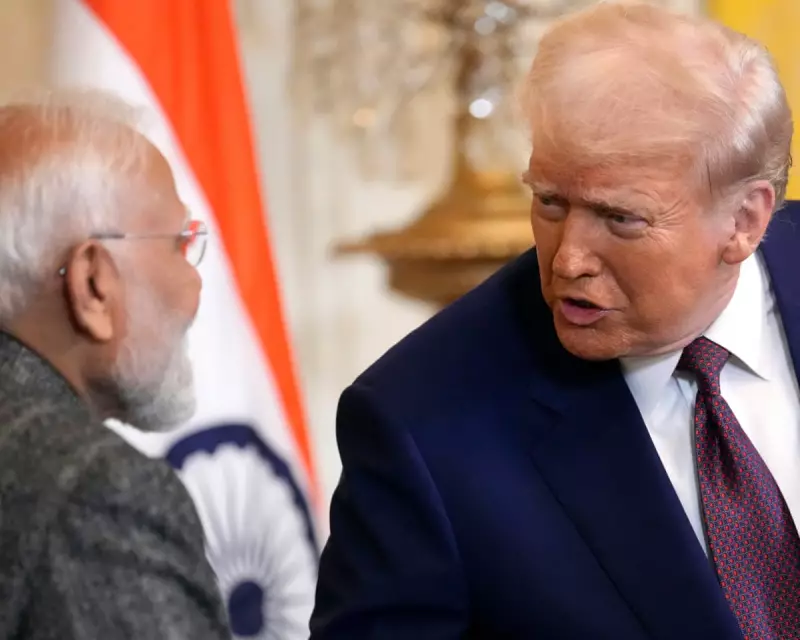
In a striking diplomatic contradiction, Indian government officials have publicly challenged claims made by former US President Donald Trump that India had agreed to halt its purchases of Russian oil.
The dispute emerged after Trump stated during a campaign event that he had secured commitments from multiple nations, including India, to stop buying Russian crude. However, Indian sources familiar with the matter have firmly denied any such agreement exists.
Official Silence Speaks Volumes
While New Delhi has maintained official silence on the matter, senior officials speaking anonymously to journalists have expressed bewilderment at Trump's assertions. "There has been no discussion, let alone an agreement, on stopping Russian oil imports," one official stated, highlighting the significant gap between Trump's claims and ground reality.
This contradiction comes at a delicate time for global energy markets, with India having become one of the largest buyers of discounted Russian crude since Western nations imposed sanctions following Moscow's invasion of Ukraine.
Energy Security Concerns
Analysts suggest India is unlikely to voluntarily abandon a arrangement that has provided substantial economic benefits. The discounted Russian crude has helped India manage inflation and reduce its energy import bills at a time of global economic uncertainty.
Key considerations for India include:
- Maintaining affordable energy prices for domestic consumers
- Preserving strategic autonomy in foreign policy decisions
- Sustaining economic growth through cost-effective energy imports
- Balancing relationships with both Western powers and traditional partners
Global Implications
The public disagreement raises questions about the future of international efforts to restrict Russia's energy revenues. It also highlights the challenges facing any potential future US administration in coordinating global energy policy, particularly with nations that have maintained neutral positions on the Ukraine conflict.
Market observers will be watching closely to see if this diplomatic friction affects India's energy procurement strategies or its broader relationship with the United States in the coming months.





